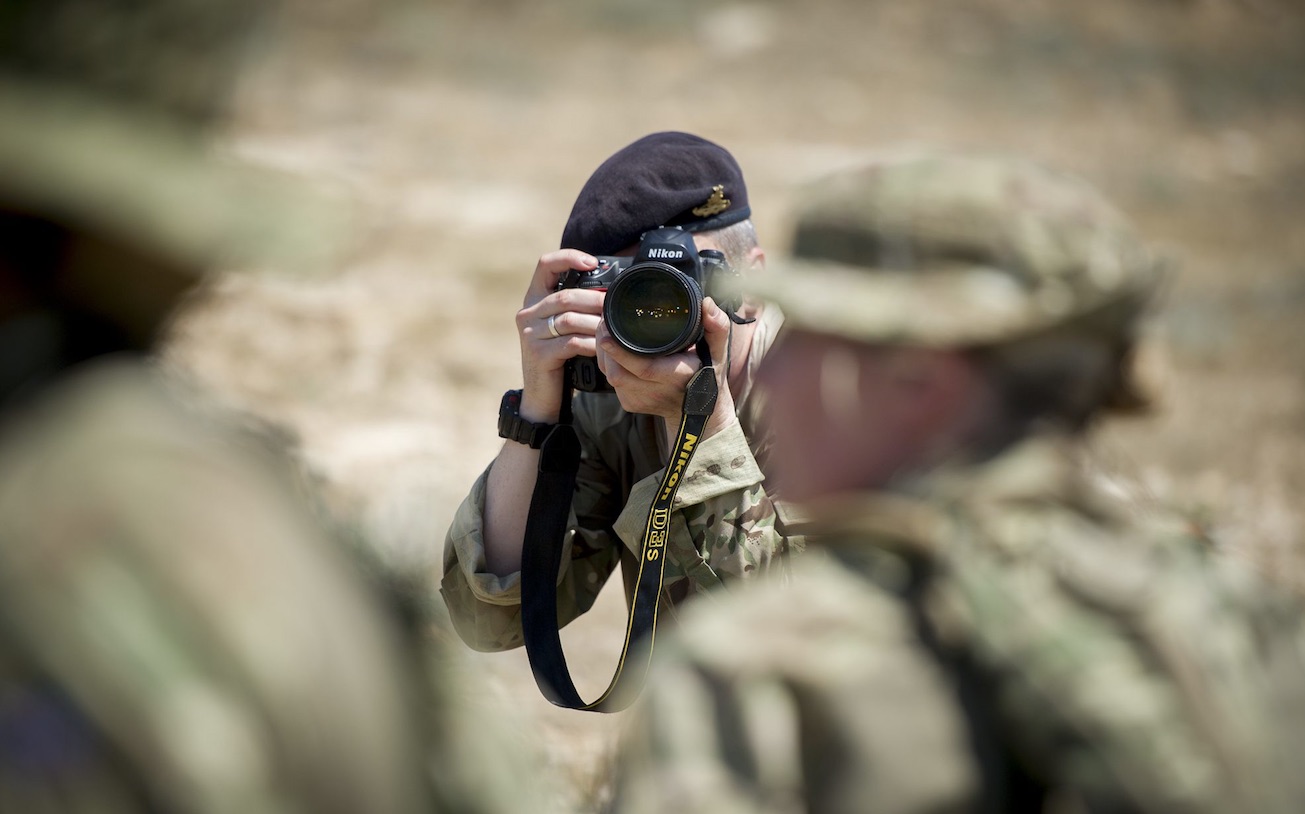Women currently serving in the armed forces are taking legal action to stop allegations of rape being tried at Court Martial. The three women, serving in the Army, Navy and Army Reservists respectively, claim they suffered rape or serious sexual assault while serving. All three complaints were investigated by the service police but none resulted in a prosecution. Their request for a judicial review follows their official complaints regarding the service police investigations and decision-making by the service prosecuting authority.
The Centre for Military Justice, representing all three women, will bring a case under the Human Rights Act. In their letter sent to the Justice Secretary, Ben Wallace, they advise the women’s cases will be unaffected by any judicial review, but that ‘they are doing it for their fellow serving men and women who may, in the future, need and deserve a better system of justice’.
Since 2009 Military courts have had the jurisdiction to try rape, murder and manslaughter, applying in the UK and overseas. In theory domestic law was intended to take precedence when the alleged offence occurred in the UK, but the Ministry of Defence has for the most part disregarded this when the offence has involved only military personnel.
Data released by the MoD in 2019 showed an increase in sexual assault cases being investigated by the service prosecutor, up 35% from 2016. Military courts heard 129 rape cases in the five years up to 2019. This is despite around two thirds of sexual assaults reported to the service police in 2019 taking place in the UK. Critics of the current system highlight that conviction rates for rape in the military are even lower than those in civilian courts, of the 48 cases that made it to Court Martial in 2017 only two resulted in conviction.
The Service Justice Review, commissioned in 2017 and published in February criticised the ‘consistency of approach’ of the service police in their investigation of domestic abuse, rape and serious sexual offences. The Review also recommended that murder, manslaughter and rape no longer be tried by Court Martial where the offence has taken place in the UK except with the consent of the Attorney General. The MoD rejected this recommendation, arguing against any legislative changes to the Service Justice System’s jurisdiction.
The report states that ‘the MoD believes the SJS is a system capable of dealing with the most serious offences and should be able to continue to do so’. The MoD’s response also indicates they will continue to only refer cases to the civilian justice system where the victim is a civilian.
Liberty are currently investigating alleged miscarriages of justice relating to sexual offences in military. They allege that the Military Police lacks the training and independence necessary to deal with serious and sensitive cases, that the service complaints system is inadequate, and the Service Justice System lacks meaningful independent oversight.
This case follows reports last year that allegations of sexual offences reported to the service police were not reported in official figures. Data on offences reported to the Service Justice system is reported annually, but data for 2017 and 2018 included only sexual offences found in the Sexual Offences Act of 2003, thereby precluding possession of extreme pornography, possession or creation of indecent images of children and stalking involving fear of violence.






